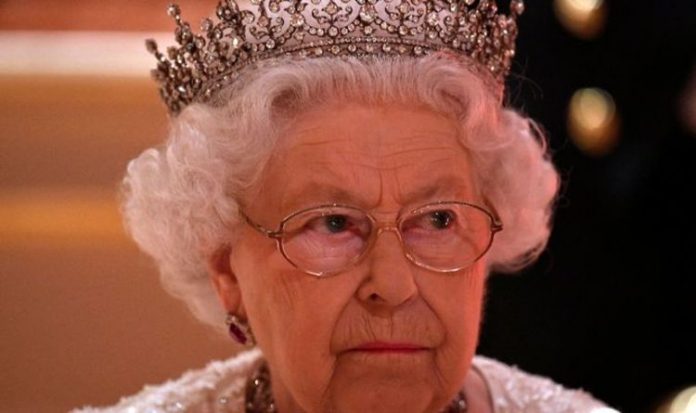The Queen has remained committed to her role and duties for nearly 70 years despite the repeated personal and public crisis she faced during her reign. Despite speculation about her potential abdication sending royal fans into a frenzy, former royal butler Paul Burrell claimed Her Majesty will never abdicate. Speaking to Vicky Pattison’s ‘Secret to’ podcast, Mr Burrell claimed: “She dedicated her life.
“We were feeding the dogs one day and she said to me, ‘I swore an oath before God, Paul, in Westminster Abbey the day I was crowned Queen to serve my country for as long as there’s breath in my body.’
“She said, ‘that’s what I intend to do.’
“So don’t ever think the Queen will abdicate, she will die Queen.”
Asked whether we could soon see the end of Queen Elizabeth II’s era on the throne, Mr Burrell claimed Her Majesty is likely to live as long as her mother, who passed away at 101.
JUST IN: Prince Harry heartbreak: Duke’s godmother Lady Celia Vestey dies ‘suddenly’
He added: “No no no, she’ll live to 103, as long as her mother.
“Her mother was nearly 102, she will live to be an old lady and God bless her.
“Long may she reign over us because we’re safe in her hands.”
Abdication has often been ruled out by royal commentators, and the Queen herself signalled she is unlikely to renounce the throne before her time has come.
READ MORE: It’s all over! Meghan and Harry face total exit with HRH styles banned
The Regency Acts were last triggered in 1811 during one of the last bouts of illness suffered by King George III.
During the Regency period, the king’s eldest son, George Augustus, acted omg behalf of his father the sovereign and discharged his constitutional duties.
The acts were last changes in 1937 when then-Princess Elizabeth became the heir apparent to her father, George VI, in the aftermath of Edward VIII’s abdication.
According to the Regency Act of 1937 at least three people – including the Duke of Edinburgh, the Chancellor and the Speaker of the House of Commons – would have to declare evidence provided proved “that the Sovereign is for some definite cause not available for the performance of those functions.”







